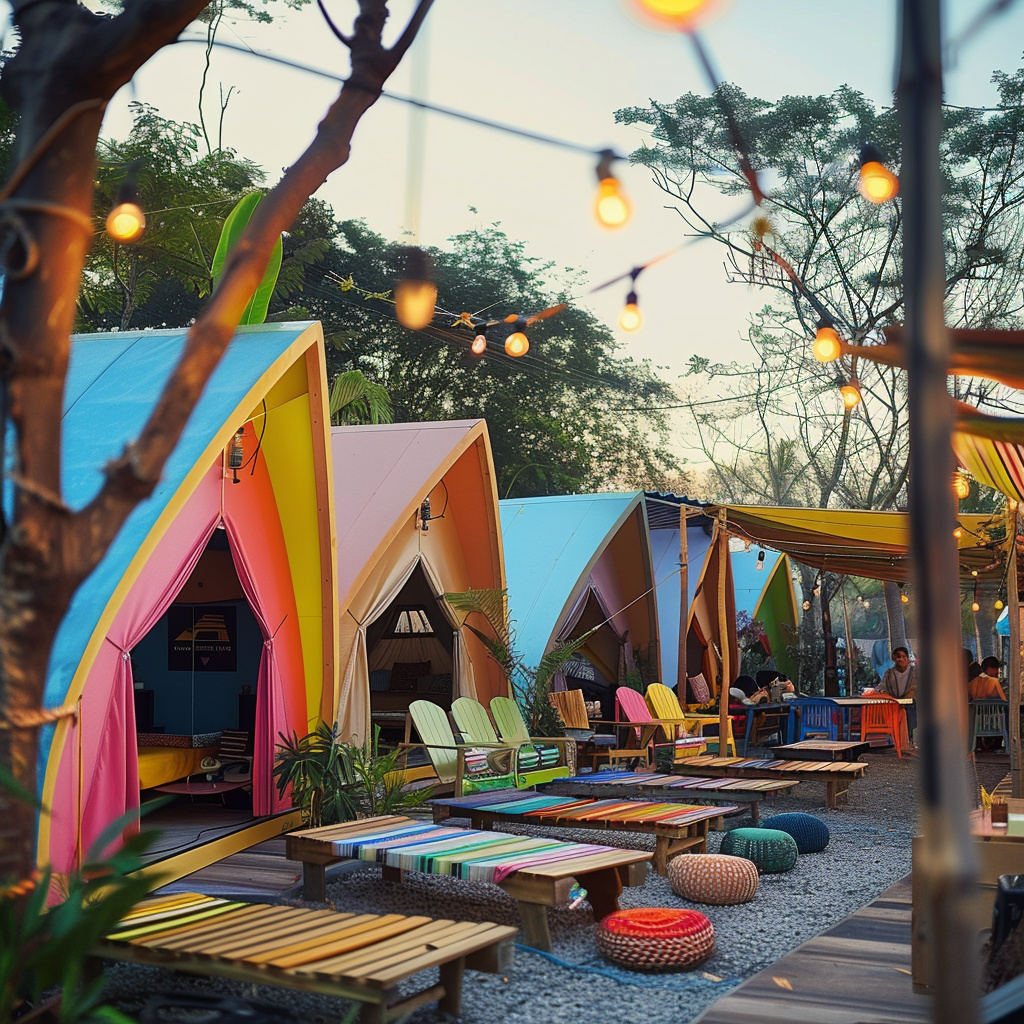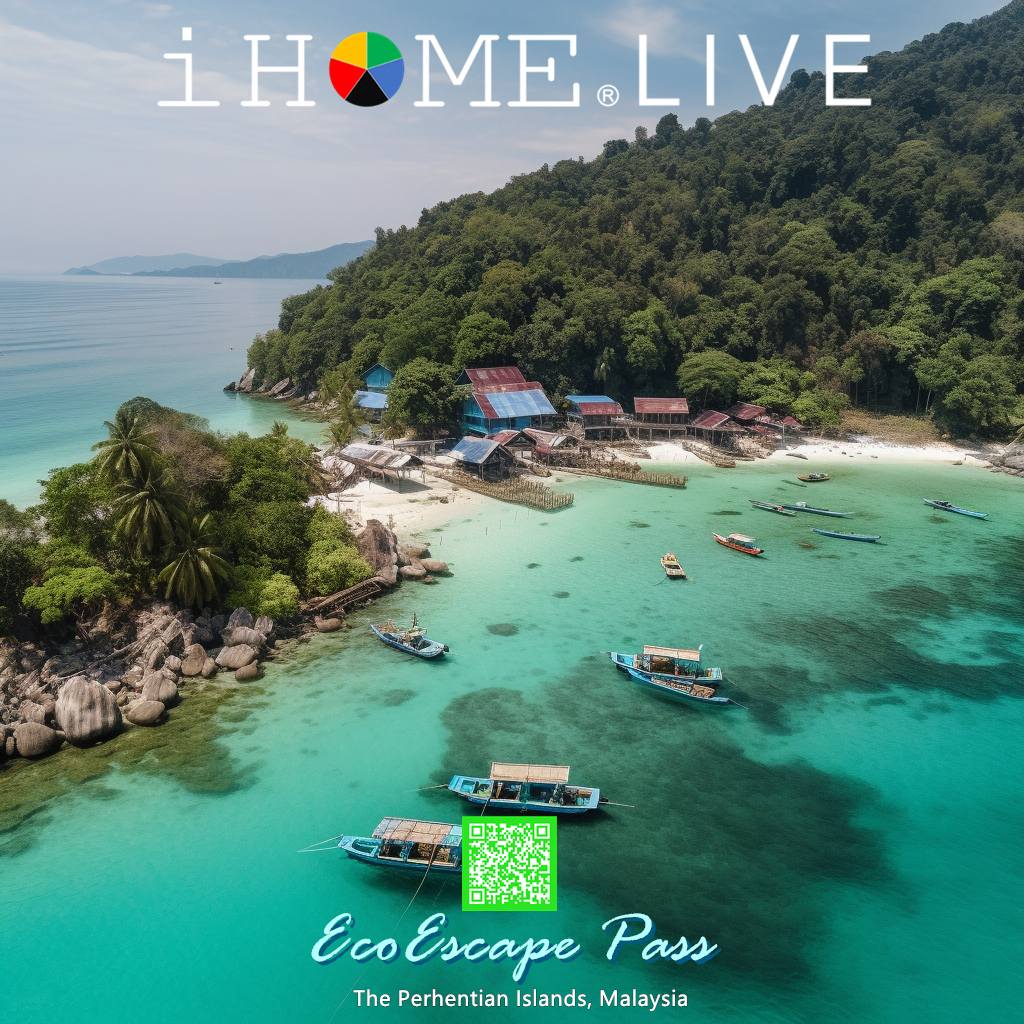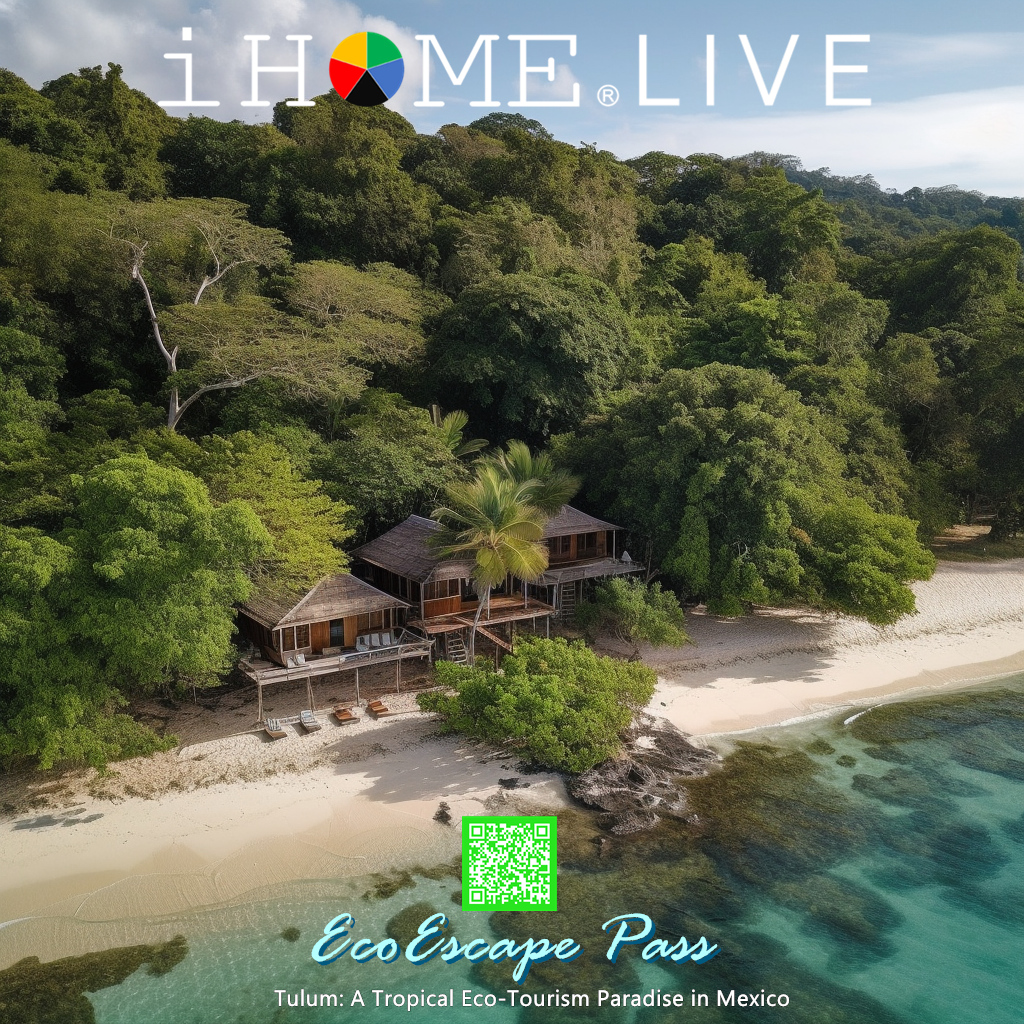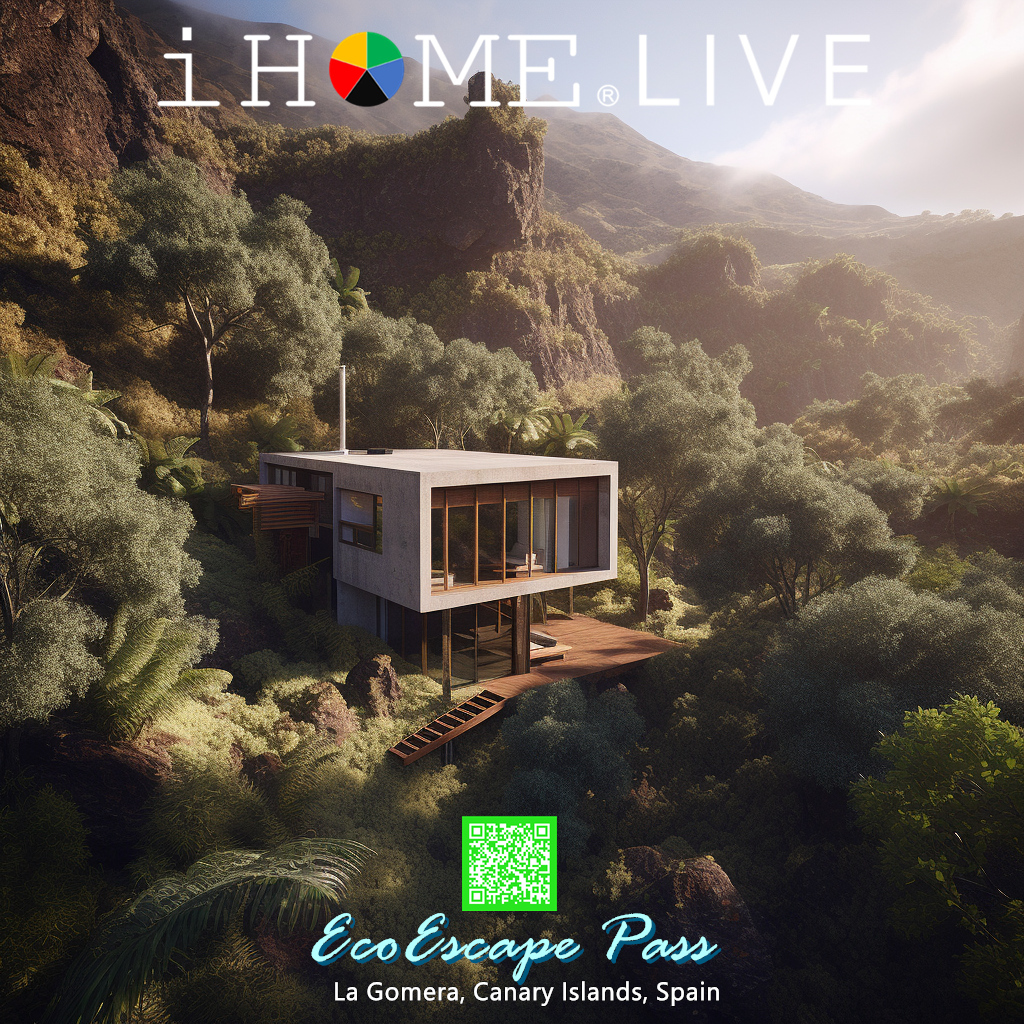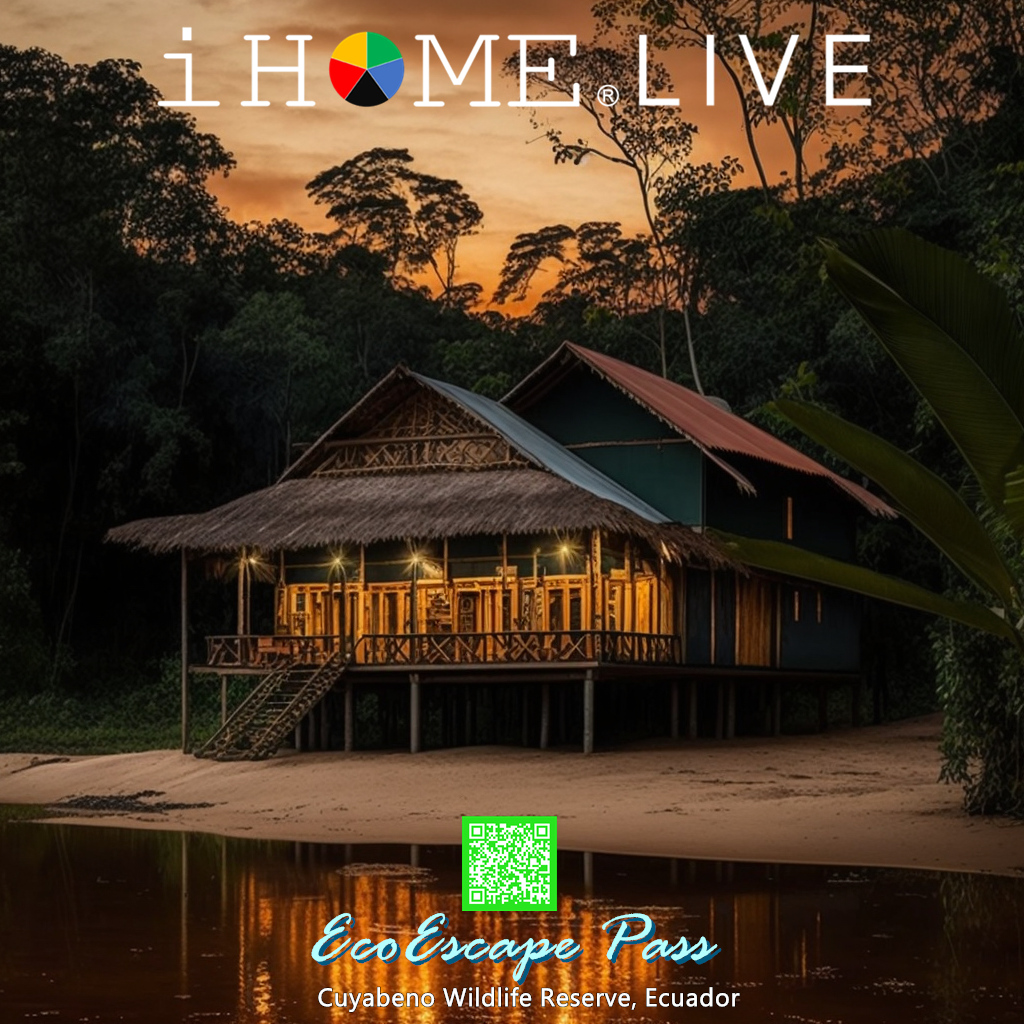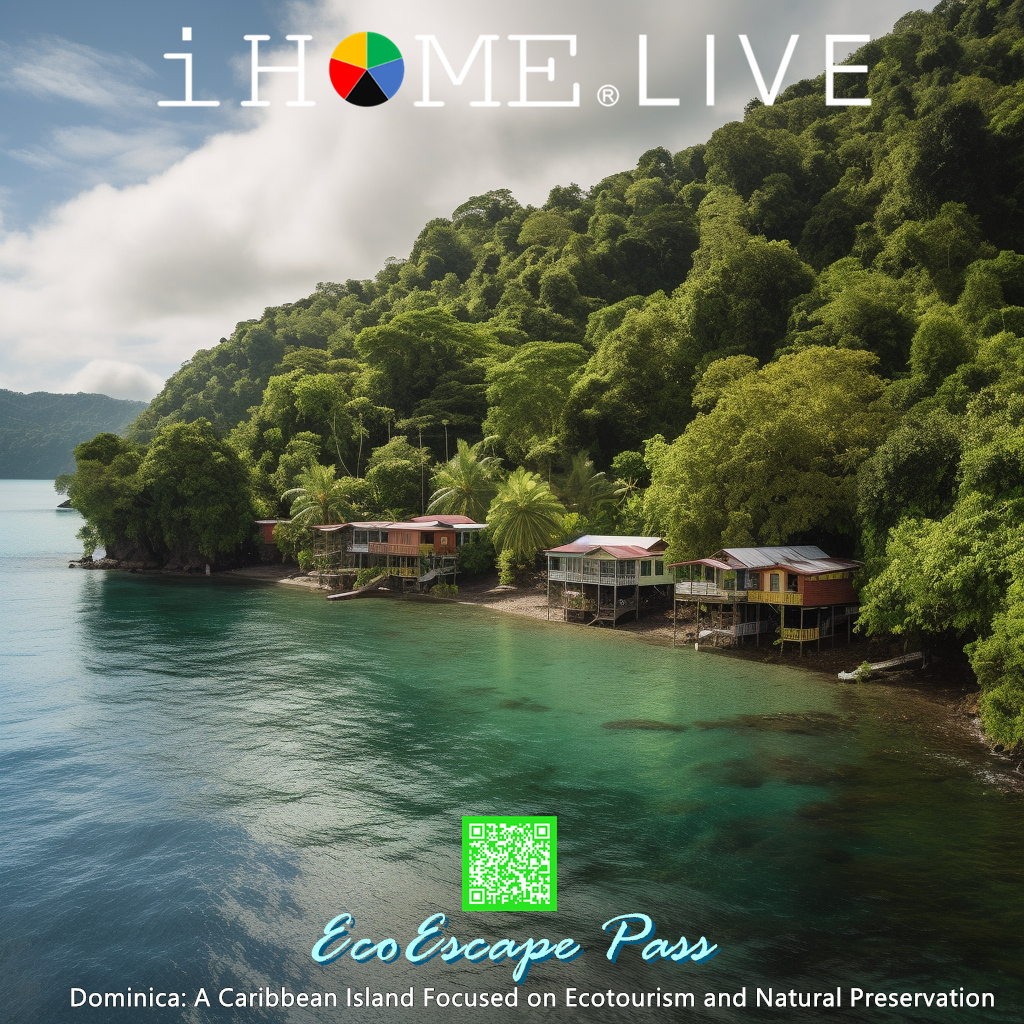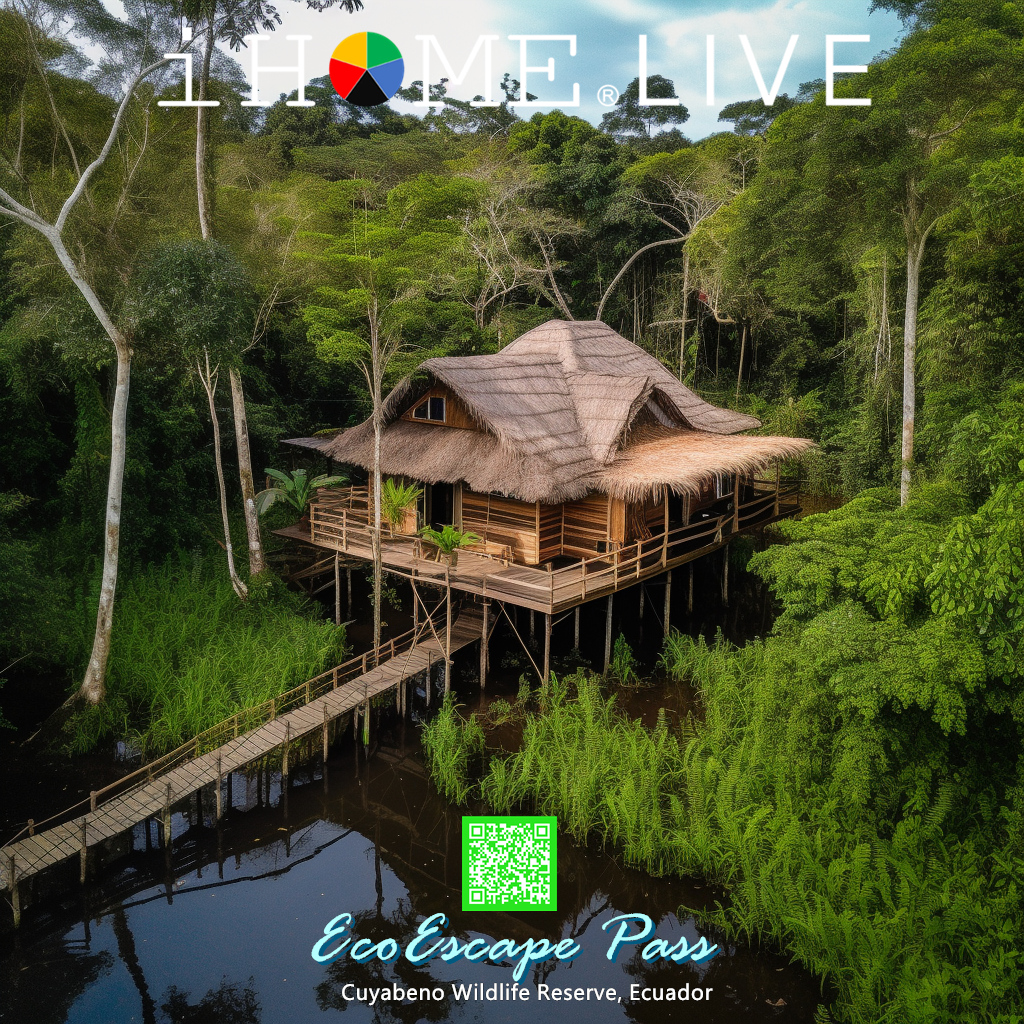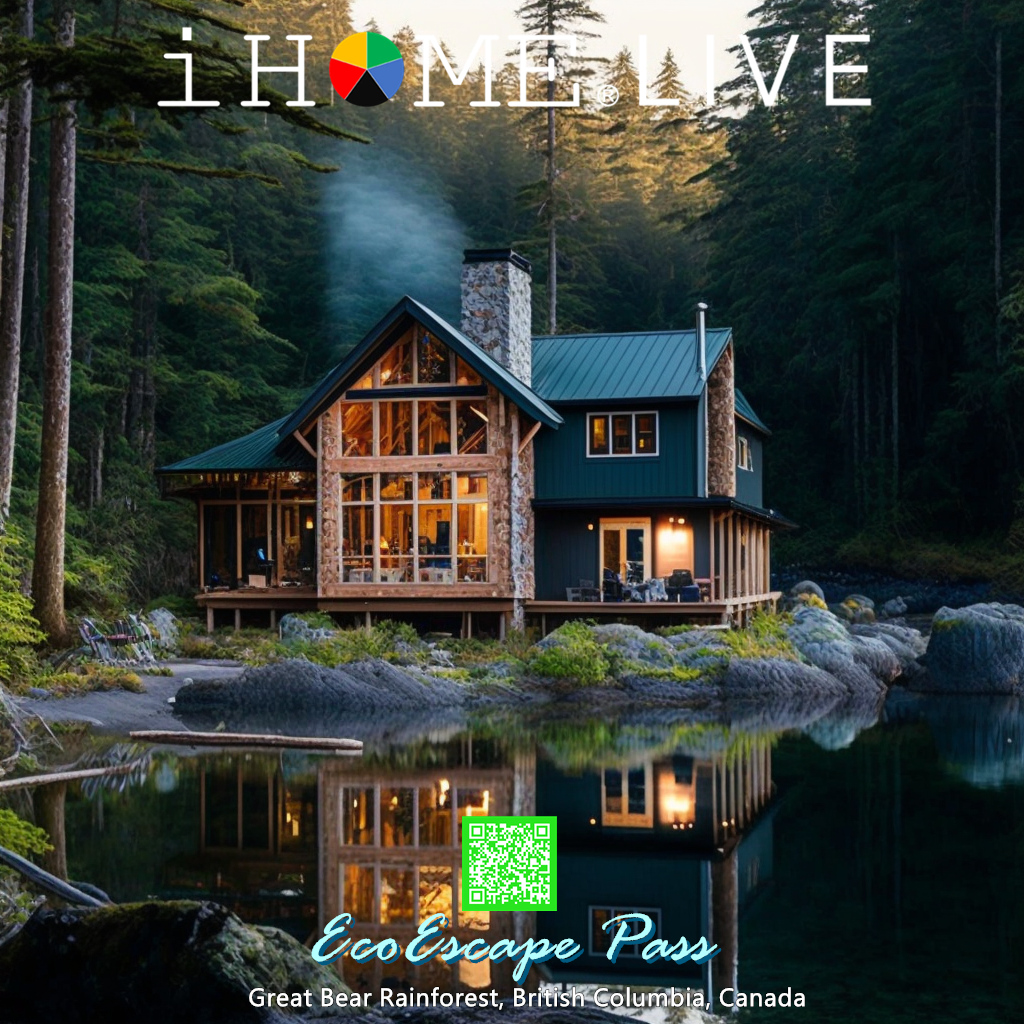Overview
Description:
Kangaroo Island, located off the coast of South Australia, is renowned for its pristine wilderness, stunning coastlines, and rich biodiversity. Known as a haven for nature enthusiasts, this eco-friendly destination offers unique wildlife encounters, lush landscapes, and sustainable travel experiences. The island’s commitment to conservation and eco-tourism makes it an ideal spot for responsible travelers seeking to connect with nature.
Eco Attractions:
- Flinders Chase National Park: Home to iconic landmarks like the Remarkable Rocks and Admirals Arch, this park showcases the island’s rugged beauty.
- Seal Bay Conservation Park: Offers the chance to observe sea lions in their natural habitat.
- Kelly Hill Conservation Park: Famous for its stunning limestone caves.
- Organic farms and local wineries that emphasize sustainable farming practices.
Visa and Residency Options
Visa Requirements
Types of Visas:
- Tourist Visa: Available for short-term visits.
- Working Holiday Visa: Suitable for young travelers seeking to work and explore Australia.
- Eco-Tourism Visa: Special visas might be available for eco-tourism-focused stays.
Application Process:
- Online application through the Australian Government’s Department of Home Affairs website.
- Required documents include a valid passport, proof of funds, and a return ticket.
Documentation and Eligibility:
- Valid passport.
- Proof of financial stability.
- Health and character requirements.
Long-term Stay Permits
Extending Your Stay:
- Eco-volunteer programs can extend your stay while contributing to conservation efforts.
- Extended stay permits for those involved in long-term eco-projects.
Application Details:
- Detailed procedures available on the Department of Home Affairs website.
- Necessary documentation includes proof of ongoing projects and financial stability.
Long-term Options:
- Volunteering programs.
- Educational courses related to environmental studies.
Residency Options
Paths to Residency:
- Temporary residency through skilled migration visas.
- Permanent residency options for those involved in significant conservation efforts.
Residency Requirements:
- Must meet health and character requirements.
- Proof of involvement in eco-friendly projects can be beneficial.
Transitioning to Permanent Residency:
- Continuous engagement in eco-tourism and conservation activities can support applications for permanent residency.
Living Conditions
Cost of Living:
- Accommodation: $700 – $1,200 AUD per month for eco-friendly lodges or sustainable housing.
- Food: $150 – $300 AUD per week, with a focus on local and organic produce.
- Transportation: $50 – $100 AUD per week for eco-friendly transport options.
Infrastructure:
- Sustainable housing options and eco-friendly healthcare facilities are available.
- Reliable internet and co-working spaces for digital nomads.
Additional Details:
- Opening a bank account requires identification and proof of address.
- Local tax obligations should be explored through the Australian Taxation Office.
Community and Networking
Community Overview:
- A vibrant eco-conscious community focused on conservation and sustainable living.
Networking Opportunities:
- Regular community events and workshops centered on sustainability.
- Eco-tourism forums and local meetups.
Social Platforms:
- Facebook groups and local forums for eco-conscious travelers.
- Instagram pages dedicated to Kangaroo Island’s eco-lifestyle.
Eco-Friendly Activities and Attractions
Nature Reserves and Parks:
- Flinders Chase National Park: Offers hiking, wildlife spotting, and stunning natural landmarks.
- Seal Bay Conservation Park: Guided tours to see sea lions in their natural habitat.
Guided Tours:
- Eco-friendly transport options for guided tours across the island.
Wildlife Watching:
- Kangaroos, koalas, and diverse bird species can be observed in their natural habitats.
Outdoor Activities:
- Hiking, bird watching, kayaking, and biking, all with a focus on minimal environmental impact.
Eco-Lodging:
- Recommended eco-lodges include Southern Ocean Lodge and Kangaroo Island Wilderness Retreat.
Organic and Farm-to-Table Dining:
- Local dining options such as Sunset Food & Wine and Kangaroo Island Fresh Seafoods focus on organic and sustainable practices.
Environmental Initiatives
Conservation Programs:
- Numerous local initiatives focused on wildlife conservation and habitat restoration.
Volunteer Opportunities:
- Opportunities to engage in environmental clean-up projects and wildlife conservation efforts.
Sustainable Living Workshops:
- Workshops on permaculture, eco-friendly practices, and sustainable living.
Community Gardens and Urban Farming:
- Participation in local community gardens and urban farming projects.
Cultural Insights
Local Customs:
- Emphasis on respect for nature and wildlife.
- Strong community values and conservation-minded practices.
Language Tips:
- English is the primary language spoken.
Safety and Laws:
- Adhere to local guidelines for wildlife interaction and environmental protection.
Do’s and Don’ts:
- Do participate in eco-friendly activities.
- Don’t disturb wildlife or damage natural habitats.
Summary
Pros:
- Rich biodiversity and stunning landscapes.
- Strong conservation efforts and eco-tourism focus.
- Vibrant eco-conscious community.
Cons:
- Remote location with limited access to some amenities.
- Higher cost of living compared to mainland Australia.
Key Reasons:
- Unique wildlife encounters.
- Commitment to sustainability and conservation.
- Opportunities for eco-friendly activities and responsible travel.
Useful Contacts and Resources
Embassies and Consulates:
- Contact details for embassies and consulates can be found on the Australian Government’s official website.
Local Government and Services:
- South Australian Government’s official website provides information on local services and support.
Essential Services:
- Websites like Kangaroo Island’s tourism board offer resources for eco-friendly daily living.
Emergency phone numbers:
- Local emergency number: 000.
- Direct line to the nearest police station and medical facilities can be found on local government websites.
![Romania - Tiny house - [ Minimalist Retreats ] - Design Collectibles & Angel Membership (V1)](https://ihome.org/wp-content/uploads/2024/06/Slide19-300x300.jpg)



![Australia - Tiny house - [ Minimalist Retreats ] - Design Collectibles & Angel Membership (V1) (Copy)](https://ihome.org/wp-content/uploads/2024/06/Slide21-300x300.jpg)
